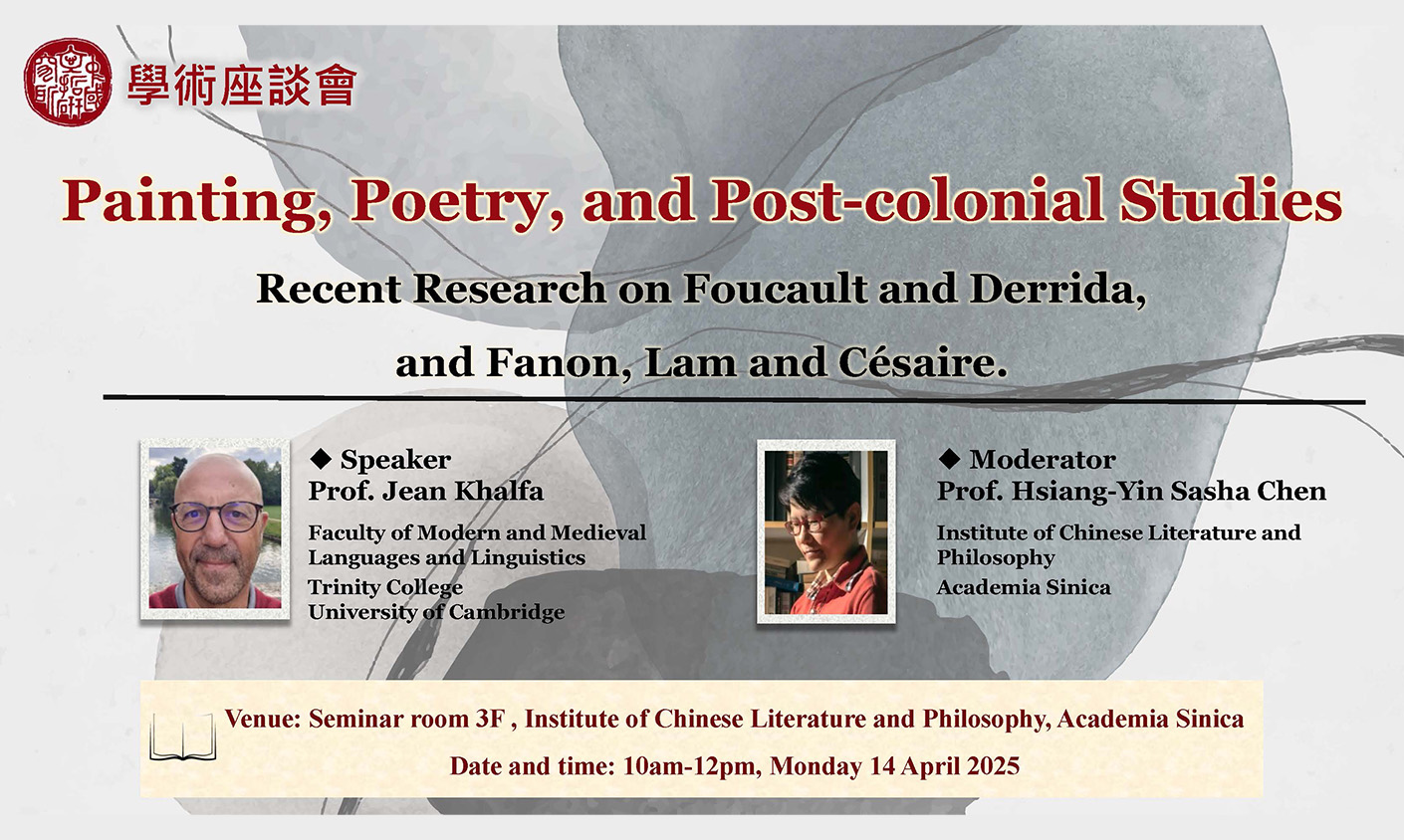健康的心理寓於健康的國家:近代中國佛教對心理衛生的觀點
|
||||||||||||
摘要
Buddhist apologists in early twentieth-century China demonstrated a remarkable ability to adapt to the rapidly evolving social and intellectual landscape, emphasizing anew the universal healing power of their tradition. In this process, they skillfully integrated their beliefs and practices into a modernizing state, adopting a scientific orientation and actively engaging in secular affairs.
At the same time, however, Buddhist activities infused both secular sciences and lay society with transcendent wisdom. This dual approach was particularly evident in Buddhist engagements with psychology and the emerging therapeutic culture in China, which reached its peak in the 1930s when “modern” and “scientific” technologies for mental hygiene (xinli weisheng 心理衛生) were introduced as part of efforts to strengthen the state.
This paper explores how Buddhist practitioners in modern China conceptualized mental health and how their perspectives intersected with the state-building agenda while elevating healing beyond conventional therapies.
報名期間
https://forms.gle/ZgqKoTjQ1y5Ftq6a6
即日起至4月11(五)23:59前
聯絡人
吳先生 Tel : (02)2652-3431│E-mail : sushiunwu@sinica.edu.tw

